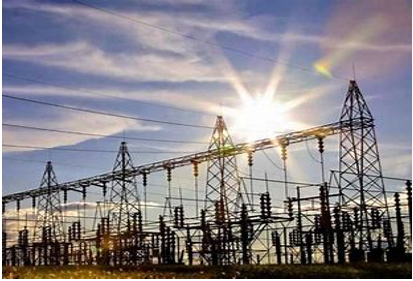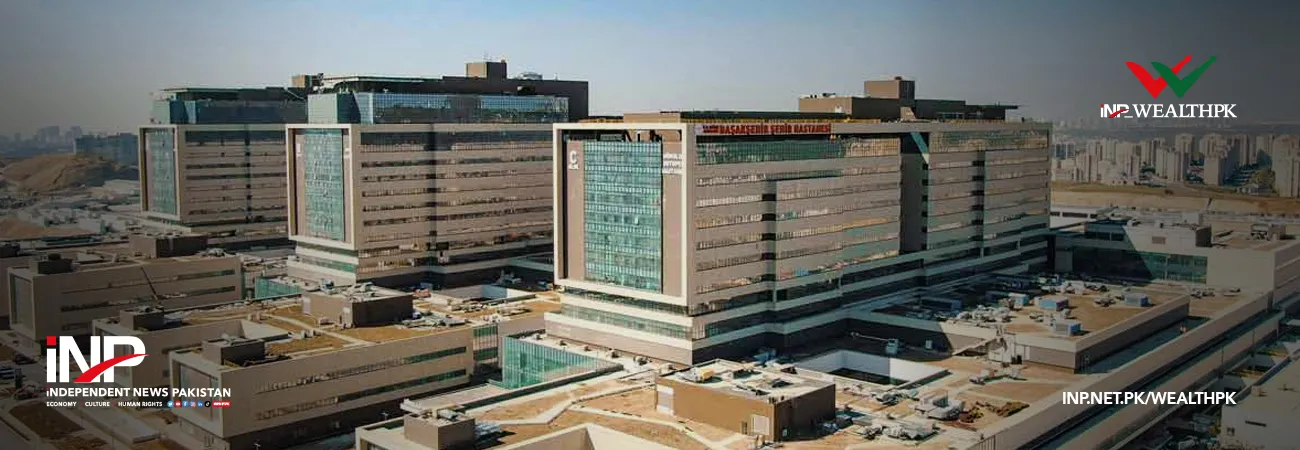آئی این پی ویلتھ پی کے
Amir Saeed
Pakistan’s escalating power crisis, driven by high tariffs, mismanagement, and reliance on outdated infrastructure, poses a significant threat to economic stability and quality of life, necessitating urgent reforms and a shift towards renewable energy solutions, reports WealthPK.

The National Electric Power Regulatory Authority (NEPRA) highlights in its State of Industry Report 2024 a myriad of challenges plaguing the power sector, including high tariffs, inefficiencies in electricity generation, transmission, and distribution, and severe governance issues. These factors have collectively rendered the electricity increasingly unaffordable for businesses and households alike, exacerbating financial strain on the economy.
The situation is further complicated by external factors such as soaring prices of imported fuels and devaluation of the Pakistani Rupee, which have driven up the costs of electricity generation. Despite these challenges, internal inefficiencies, particularly in the monopolistic entities, have persisted, making it difficult for the consumers to cope with the rising electricity bills. The report highlights that the heavy supplemental charges, including various fees and taxes, significantly inflate the electricity costs, pushing many consumers to seek alternative energy sources.
Those unable to afford these escalating costs are left with no choice but to reduce their electricity consumption, sacrificing their quality of life in the process. Talking to WealthPK, Ahad Nazir, Associate Research Fellow at the Sustainable Policy Development Institute (SDPI), emphasized the need for structural reforms in the energy framework. He argued that a coherent policy approach combined with technological advancement was essential for addressing the systemic inefficiencies that had entrenched themselves in the sector.
“The gap between policy and technology has hindered the country’s ability to leverage global advancements in renewable energy, leaving the country at a disadvantage in terms of integrating sustainable solutions into its energy mix,’’ he said. Moreover, the country’s reliance on imported solar components has made the market vulnerable to international price fluctuations. Ahad advocated local production and assembly of solar equipment as a strategy to stabilize prices and create job opportunities. “The state of grid infrastructure is another critical issue.
Chronic under-investment has left many areas underserved, limiting access to electricity for large segments of the population. Strengthening grid networks and investing in micro-grid solutions could significantly improve accessibility, especially in remote regions. These decentralized systems can be integrated with renewable energy sources to provide reliable power and address gaps in energy access,’’ Ahad Nazir said. He pointed out that reforming the electric power market was essential for promoting competition and enhancing service quality.
A deregulated framework that allows for multiple buyers and sellers has the potential to transform energy trading in the country. The government's initiative to establish a competitive bilateral trading contracts market is a positive development, but its implementation needs to be expedited to realize meaningful benefits. “Investment in infrastructure is essential for implementing these reforms. Countries such as Germany and China have shown how strategic investments can facilitate the integration of renewable energy while improving grid capacity.
Pakistan should take inspiration from these examples to ensure that its infrastructure development is both inclusive and future-oriented,’’ Ahad Nazir said. He emphasized that making energy affordable for all segments of society was crucial. While market mechanisms can drive efficiency, they must be complemented by policies that protect vulnerable populations from price volatility. Targeted subsidies can play a vital role in achieving this balance.
Credit: INP-WealthPk












